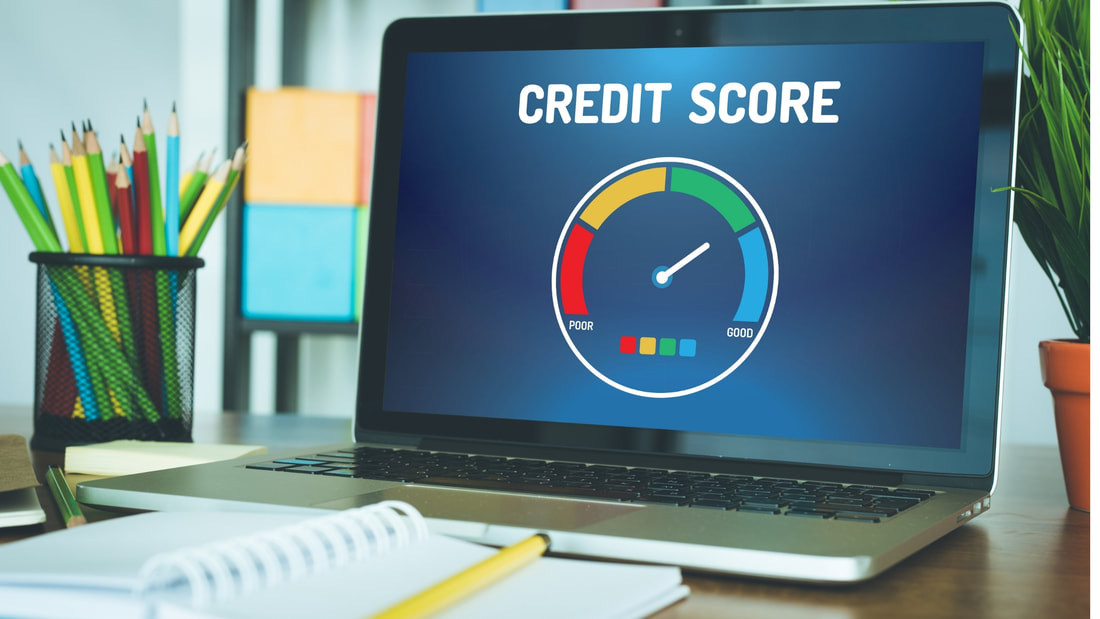|
If you’re interested in buying a house or purchasing a vehicle, then you’re likely familiar with credit scores. Your credit score estimates the likelihood of you repaying your debt, and for the most part, scores around 675 or higher or considered good credit.
What does your credit score mean? Your credit score is a three-digit number between 300 to 850 that estimates how likely you are to pay your bills and repay borrowed money. Your credit score is developed based on mathematical formulas and past actions. While a credit score of 675 or higher usually indicates that you’re a good credit risk, a low credit score will not stop you from being approved for credit. If your score is not in the ideal range, you may be approved for credit, but will be required to pay higher interest or put down a deposit. Several factors affect your credit score. The two most important factors are paying your bills on time and limiting how much you owe (compared to how much your creditor is willing to loan you). Credit scores reward people who pay their bills on time, and a misstep here can be extremely costly. A late payment of 30 days or more past due can affect your credit score for years. Credit utilization is also very important, and it’s best to avoid using more than 30% of your credit limits. Other factors that go into your credit score are credit age, credit mix, and how recently you’ve applied for more credit. You can be rewarded for having long-standing accounts and a variety of credits, but you can be penalized for having more frequent inquiries. Your credit score is important to securing new lines of credit, but it is not the only factor that credit lenders look at. Don’t be discouraged if you have a subprime credit score. Fortunately, there are ways to help raise your score. If your debt is too high to manage, or you’re near your credit limits, consider enrolling in a debt management program to pay down your debts efficiently. Most debt programs reflect favorably on a credit score because they reduce interest rates and therefore more of your monthly payment goes towards paying down the principal balance. Once your current debts are in control, paying off defaulted bills and opening new lines of credit can help you slowly improve your score for the future.
0 Comments
Leave a Reply. |
Archives
February 2022
Categories
All
Help with Debt?Need help with your credit card debt? Talk to certified credit counselor today call 844-872-9046
|
Accredited Non-Profit Credit Counseling Agency
23868 Hawthorne, Suite 201 Torrance, CA 90505
23868 Hawthorne, Suite 201 Torrance, CA 90505


